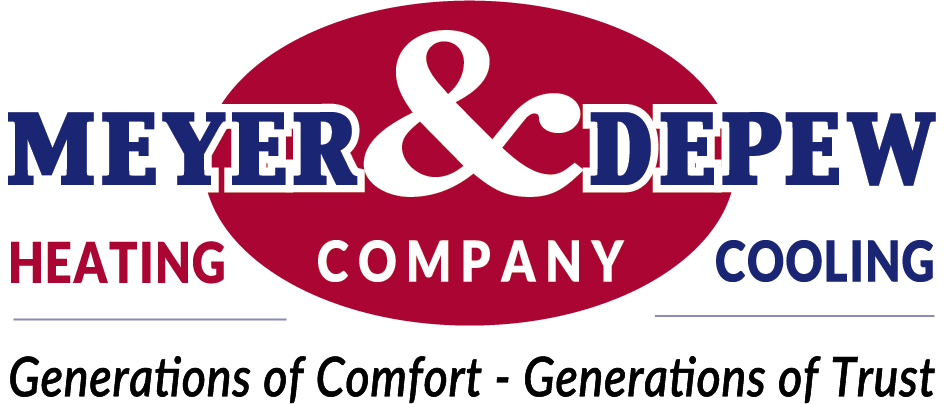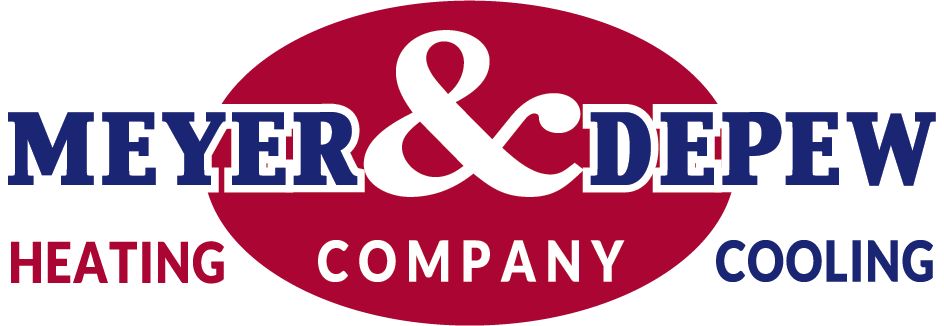Summer Energy Savings: What Summer?
It certainly has been an interesting summer. Here we are on July 17th and just yesterday we experienced our first day of temperatures over 90 degrees since late April. Until recently, we didn’t even have much humidity to deal with either. As a result, we’ve been blessed with some truly beautiful weather. I hope you had a chance to enjoy it.
Does this cooler than average summer mean that we’ll have a cooler than average winter as well? Maybe things will average out at the end of the year with a warmer winter. How will the return of El Niño (predicted by NOAA to persist throughout the coming winter) impact our winter?
It’s difficult to determine what will happen with the weather. It’s not so difficult to say what’s happened to the cost of energy and where it may lead towards. The cost of energy continues to climb and the recently proposed Cap & Trade legislation. If it becomes law (as passed by the House of Representatives and due for debate in the Senate), it will likely result in steep increases in the cost of home heating and cooling.
That’s good and bad. It’s certainly not a welcome idea to pay more to maintain a comfortable temperature in your home. The desired effect of the higher cost is that we’ll all be encouraged to increase the efficiency of our energy-consuming devices and look at alternative energy sources such as solar panels.
The federal government is offering a federal tax credit of 30% of the installed cost of qualified heating and cooling systems up to a maximum of $1,500. This is a tremendous incentive and will help many Americans replace older, in-efficient systems with new heating systems that are up to 97.3% efficient and new cooling systems with seasonal energy efficiency ratios (SEER) of up to 21. These new systems also feature environmentally-friendly refrigerants that don’t contribute to the deletion of the ozone layer. The reduced energy consumption will help us to reduce our carbon footprint. Qualified heating systems must have a minimum efficiency of 96% and qualified cooling systems must have a minimum SEER of 16.
It’s certain that investing in energy-efficient and environmentally-friendly products like high-efficiency heating and cooling systems are ultimately good for the environment and good for your wallet. I still wish it were hotter! What do you think?
Bobby Ring
President
Meyer & Depew Co.


